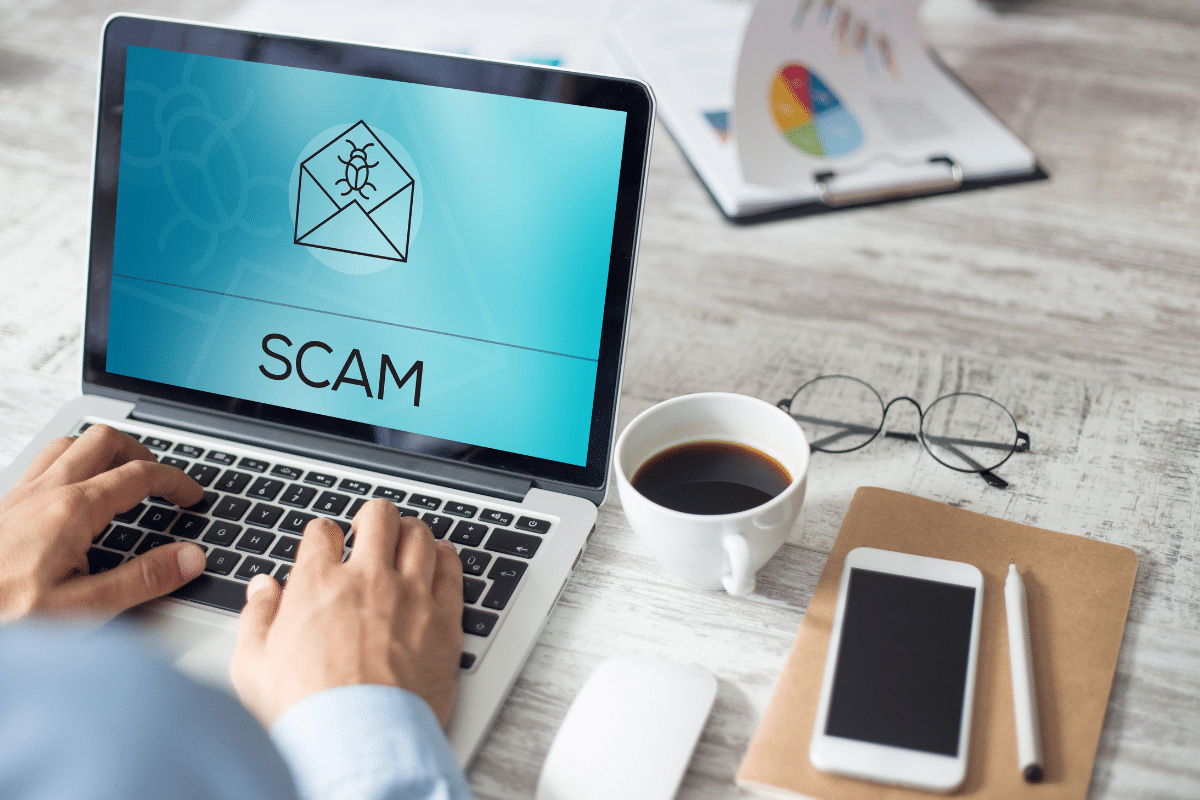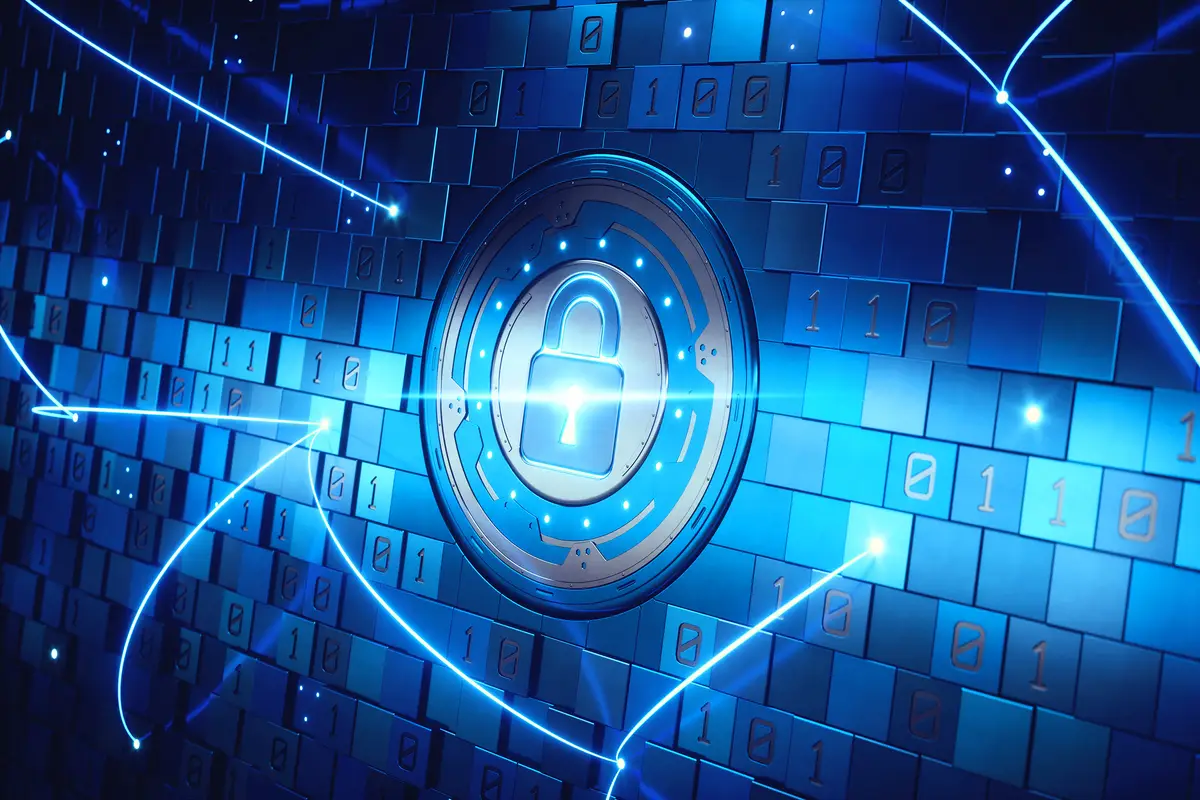Many parts of the world are experiencing high temperatures and it is surpassing 40 degrees Celsius, much higher than usual. This heatwave is expected to persist for several days, with temperatures possibly reaching 42 degrees Celsius this month it is causing discomfort for many.

Extra care is advised for the elderly and children during this hot weather. It is best to avoid unnecessary outdoor activities and stay indoors whenever possible to prevent heat-related illnesses. Heat stroke, in particular, poses a serious risk and can be fatal.
While it may seem refreshing, drinking ice-cold water after being in the heat is not recommended. It can shock the body and increase the risk of both colds and heat stroke. Instead, it’s better to drink water at a normal temperature gradually.
When the temperature climbs to 40 degrees Celsius, it’s crucial to avoid excessive consumption of cold water. Sudden intake of cold water can cause the blood vessels to constrict rapidly, increasing the chances of heat stroke.
When the outside temperature reaches 38°C, it’s advisable to seek shade and drink water at room temperature slowly. Washing hands with cold water immediately upon returning home is not recommended, as the body needs time to adjust to room temperature first.
It’s essential to drink water in small, regular amounts and avoid consuming juices too frequently. Plain water or bottled water is preferable to sugary drinks, which provide temporary relief but offer little nutritional value and can be harmful to the body.
In addition to beverages, it’s wise to avoid spicy and fried foods during hot weather. These foods can increase internal body temperature and lead to discomfort. Instead, opt for lighter, more hydrating meals to stay cool and healthy during the heatwave.


